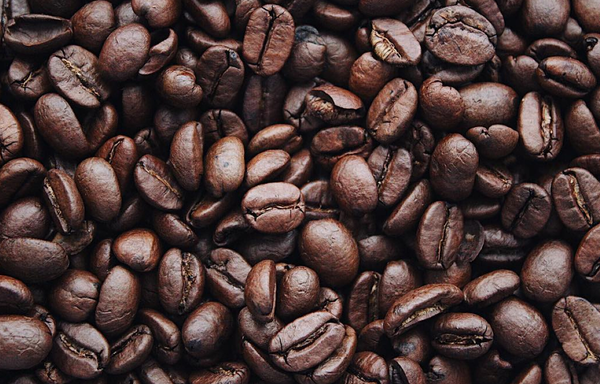

Coffee and Health: It’s Not the Coffee, It’s What You Put in It
For years, coffee has been demonized because of its caffeine content. Some have claimed it increases stress hormones, raises blood pressure, and even disrupts blood sugar. But here’s the truth—coffee itself is not the problem. In fact, it’s one of the richest sources of antioxidants in the modern diet and can absolutely be part of a healthy lifestyle.
The real issue? What you put in your coffee.
If your coffee is loaded with sugar, artificial creamers, and dairy, then yes—it can contribute to insulin resistance and metabolic dysfunction. But black coffee itself is not the enemy. If you can drink it black, that’s ideal. But if you need a little something to make it more enjoyable, here are your best and worst options.
The Best Creamer Choices
If you want to keep insulin levels low and still enjoy a creamy cup of coffee, these are your best options:
Full-Fat Coconut Milk
Coconut milk is a fantastic choice because it provides a rich, creamy texture without any dairy. Avoid canned versions due to BPA exposure, but now you can find it in cartons, pouches, or even powdered form. It adds a subtle coconut flavor while keeping insulin levels stable.
Nutpods or Friendly Creamer
These are plant-based creamers made from a mix of coconut and almonds. Some flavors contain small amounts of sugar, so check the label to make sure you’re getting the unsweetened versions. They provide a smooth, creamy texture without unnecessary additives.
Unsweetened Nut Milk
Almond milk, macadamia milk, or cashew milk can be used in coffee, but they don’t provide much creaminess. If you prefer a lighter coffee with just a splash of milk, these are a decent choice, as long as they are unsweetened and free of fillers like carrageenan.
The “Okay” Choice: Heavy Cream
Heavy cream doesn’t contain the same insulin spiking proteins as milk, so it does not spike insulin the way milk does. However, keep portions in check.
If you prefer using heavy cream:
✅ Stick to 1 tablespoon or less—this is more than enough to make your coffee creamy.
🚫 Do not overuse heavy cream, especially if you’re drinking multiple cups a day.
The Worst Choices: What to Avoid
Milk & Half-and-Half
Milk and half-and-half are among the worst things you can add to coffee when trying to lower insulin levels. Half-n-half is better than milk, but it’s still not ideal. Many assume milk spikes insulin because of its lactose content, but that’s not the case. The real issue is that milk naturally contains insulin and IGF-1, which are meant to promote rapid growth in newborns. This happens whether the milk is raw, organic, lactose-free, or A2—none of those options change its insulin-spiking properties.
Sweetened Coffee Creamers (Even “Sugar-Free” Versions)
Sweetened creamers and even so-called “sugar-free” creamers are also problematic. They’re loaded with processed ingredients, artificial sweeteners, hydrogenated oils, and milk proteins that can disrupt blood sugar and insulin levels.
The Best Sweeteners for Coffee
If you need to sweeten your coffee, avoid all forms of sugar, including natural sweeteners like honey, maple syrup, and agave. In the end, sugar is sugar.
Best options:
- Allulose – A natural rare sugar that does not impact insulin levels.
- Monk fruit – A plant-based sweetener that tastes like sugar without the metabolic consequences.
- Erythritol/Stevia Blends – Provides a sugar-like sweetness, but some people dislike the aftertaste.






















